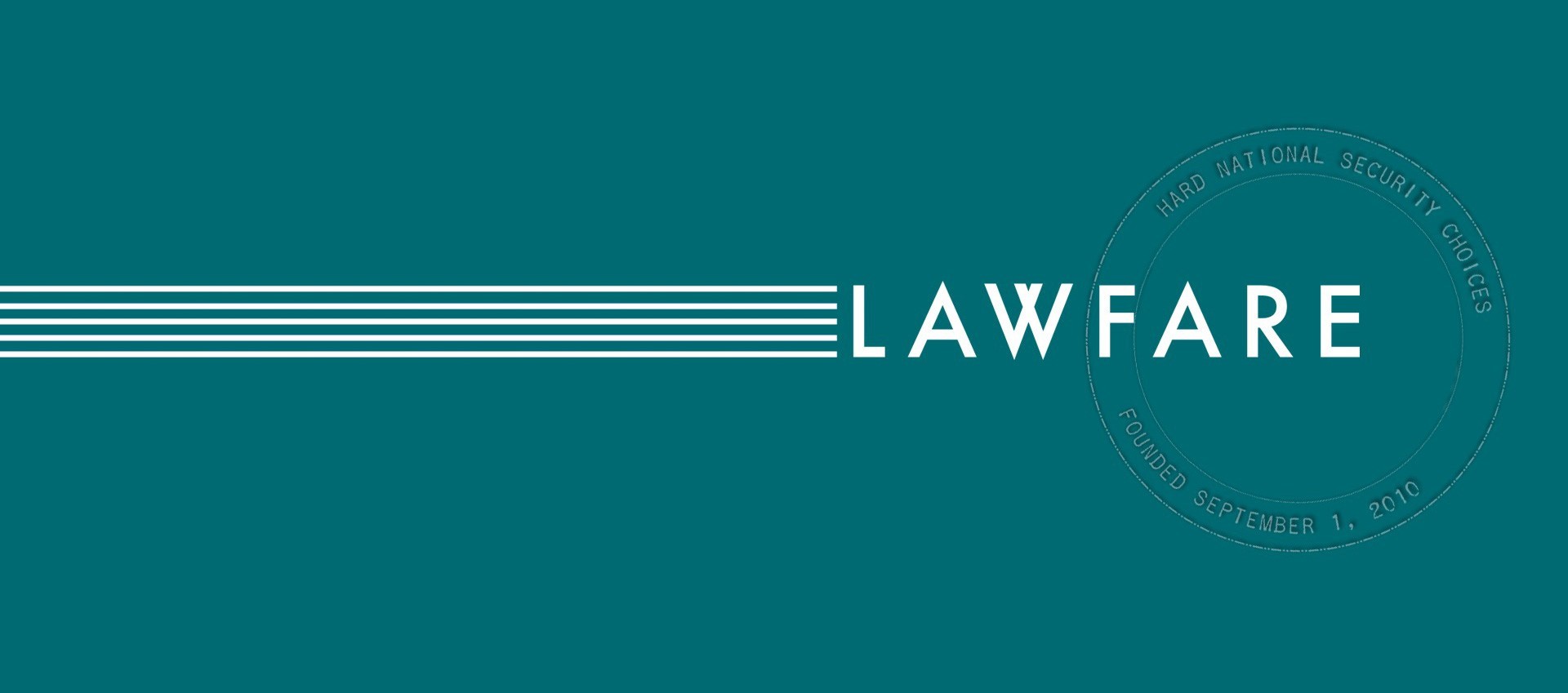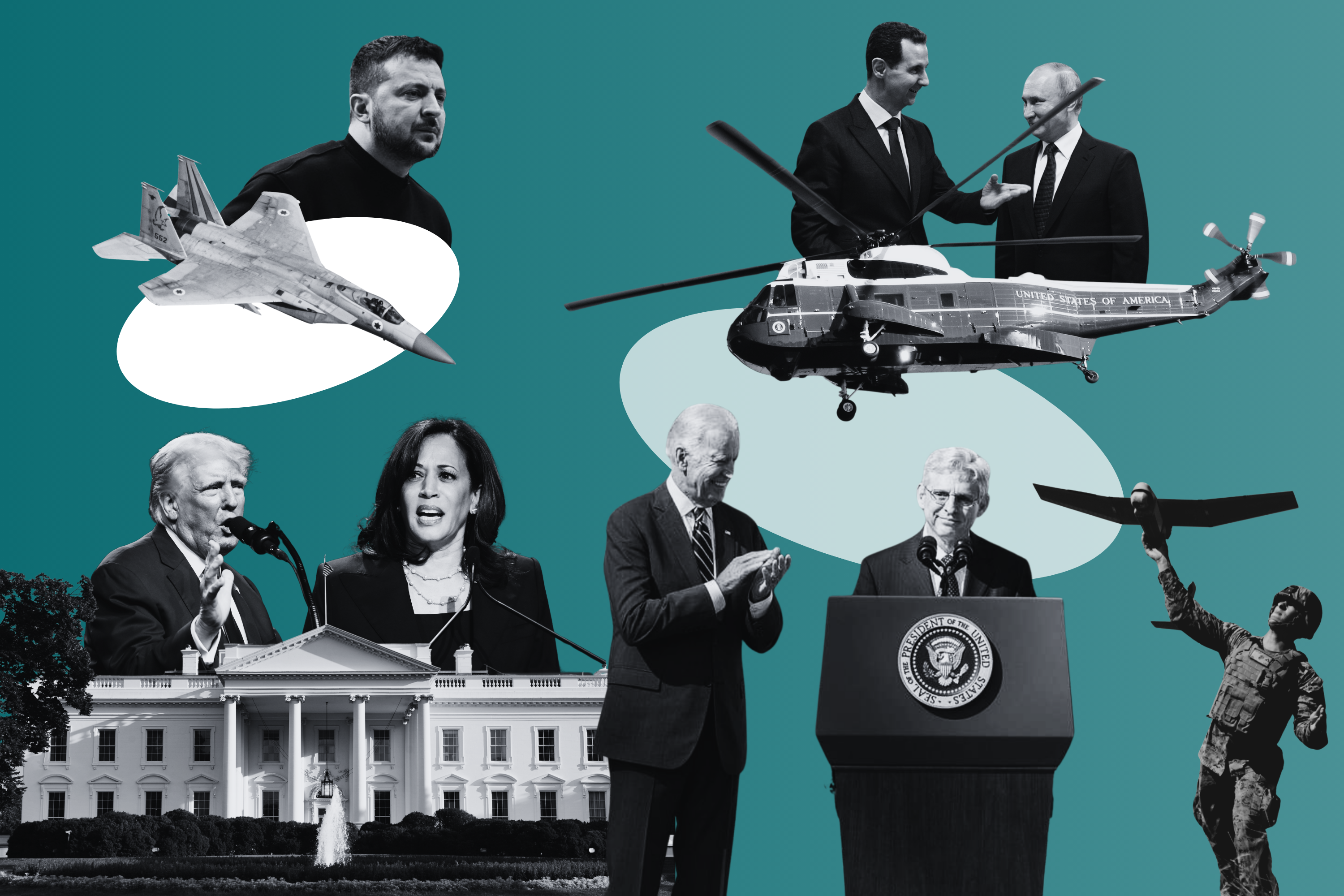Steptoe Cyberlaw Podcast, Episode #74: An Interview with Catherine Lotrionte
Our guest commentator for episode 74 is Catherine Lotrionte, a recognized expert on international cyberlaw and the associate director of the Institute for Law, Science and Global Security at Georgetown University. We dive deep on the United Nations Group of Government Experts, and the recent agreement of that group on a few basic norms for cyberspace. Predictably, I break out in hives at the third mention of “norms” and default to jokes about “Cheers.”
Published by The Lawfare Institute
in Cooperation With

Our guest commentator for episode 74 is Catherine Lotrionte, a recognized expert on international cyberlaw and the associate director of the Institute for Law, Science and Global Security at Georgetown University. We dive deep on the United Nations Group of Government Experts, and the recent agreement of that group on a few basic norms for cyberspace. Predictably, I break out in hives at the third mention of “norms” and default to jokes about “Cheers.”
In the news roundup, Michael Vatis and I sort through China’s ever-growing list of vague laws expressing determination to control technology for security purposes. Jason Weinstein explains the FTC’s settlement with the makers of a stealthy digital currency mining app. He and Michael also note the remarkably belated filing of a class action arising from the Anthem hack – and cast doubt on whether the class can be sustained.
Speaking of class actions, the OPM hack has also led to litigation. All the Cyberlaw commentators are in the class, and none of us expect the litigation to succeed. And speaking of the FTC, it has released new security guidance, a kind of Restatement of FTC Security Law, explaining just how wisely the FTC settled its 50-plus security cases. I provide a quick update on the status of my FOIA lawsuit on behalf of Phil Reitinger, in which we try to find out what security standards the FTC is actually using to decide which companies are in violation of the law.
In NSA news, the Foreign Intelligence Surveillance Court says the Second Circuit’s opinion on NSA’s 215 metadata program was unpersuasive and mischaracterized the program. In judicial circles, the trash talk doesn’t get much trashier. Since this all becomes irrelevant when the program ends later this year, the FISC will likely have the last word. And WikiLeaks is rolling out more alleged NSA docs, this time focusing on Germany and Brazil. The documents don’t seem to be from Snowden, and WikiLeaks offers no provenance for them. Hmm. Maybe we ought to take another look at those stories claiming that WikiLeaks has been infiltrated by Russian intelligence.
As always, send your questions and suggestions for interview candidates to CyberlawPodcast@steptoe.com. If you’d like to leave a message by phone, contact us at +1 202 862 5785.
Download the seventy-fourth episode (mp3).
Subscribe to the Cyberlaw Podcast here. We are also now on iTunes and Pocket Casts!





